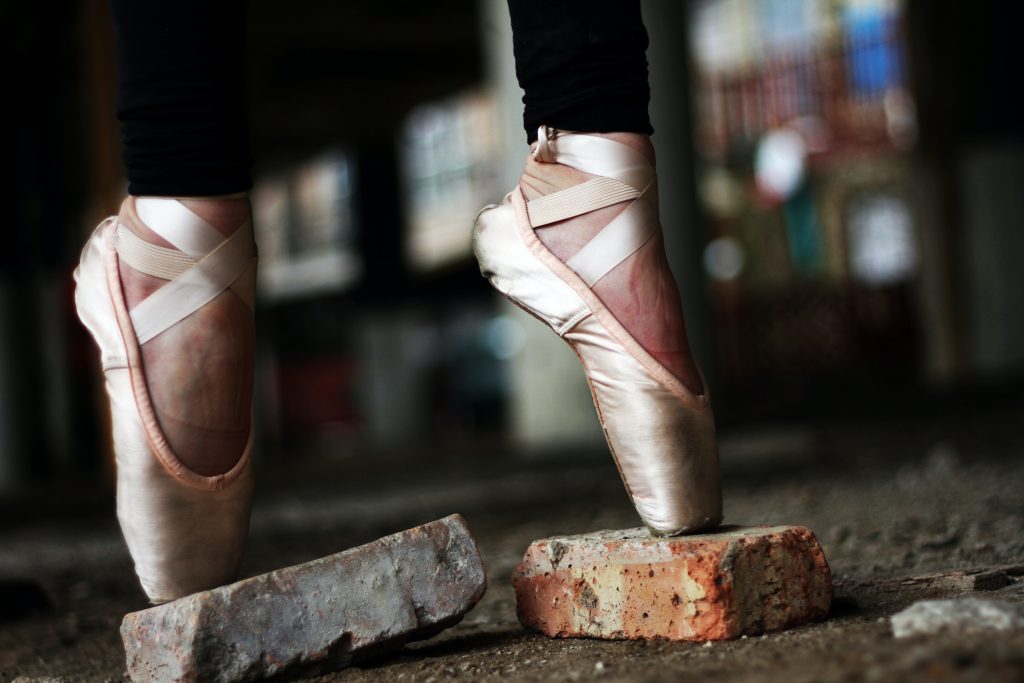Our partners at COP26 are all contributing to a dramatic schedule that will pitch Glasgow to the forefront of the global response to climate change. The Resilience Hub events platform is live on this site and you are invited to register to attend either virtually or in person. Browse the calendar and register your interest here.
Our partners for the Arts, Culture and Heritage programme:
Climate Heritage Network, mobilising culture for climate action.
Countryside and Community Research Institute (CCRI), specialist rural research centre.
British Council
Arts and Humanities Research Council/ PRAXIS at University of Leeds, arts and humanities for global challenges.
What have Arts, Culture and Heritage got to do with resilience?
The Culture Theme will showcase the sometimes overlooked role that culture, including creativity, creative solutions, arts and heritage plays in creatively modelling different futures and building a climate resilient world. We will use the signaling power of iconic heritage sites, including World Heritage sites, to showcase approaches to resilience, adaptation and mitigation. This is one way of strengthening resilience and adaptation by transferring lessons of resilience learned from the past.
The diversity of knowledge systems, languages, livelihoods, functions, worldviews and belief systems support resilience as does inter-cultural dialogue and exchange, which fosters interconnectedness.
The arts can be a powerful player by dramatizing urgency, inspiring action and creating human-centred approaches that empower people to take action, bridging climate science and people. It will be important to build upon the July30 declaration of the G20 Culture Ministers supporting the integration of arts, culture and heritage into the Adaptation Communications of State Parties, to promote mainstreaming of culture into resilience planning at all levels.
What does this mean in terms of projects and initiatives on the ground?
For the Resilience Hub, we are focusing on the use of Arts, Culture and Heritage to promote and enable resilience building at different scales and infrastructure lifecycle stages. For example, this could include:
- Learning from the traditional knowledge, ways of knowing, holistic worldviews and experience of Indigenous Peoples and local communities.
- Role of intangible heritage in fostering identity and building social cohesion, which is critical to communal climate action.
- Traditional knowledge and Indigenous ways of knowing as a model of living in harmony with mother earth and as contemporary climate technology, including case studies of (re)use of historic buildings and historic ways of building
- Empowering people and communities by building on traditional sustainable environmental management practices while supporting low carbon and nature-based solutions.
- Supporting strong social networks, social capital, and place attachment through arts, culture and heritage in order to support community system’s ability to cope with stress and change.
- Safeguarding cultural places and practices from climate impacts.
- Culture-based strategies for climate resilient sustainable development that promotes both resilience and more just and durable systems. Culture-based strategies for building back better. Just transition.
- Recognition of cultural rights and approaches rooted in human rights and the mobilization of values and methodologies that support the practice of justice and inclusion.
- Ability to navigate diversity and role of creativity and inspiration in adaptive learning and innovation.
- Cultural approaches that promote inter-generational dialogue on climate resilient futures and the reciprocal transfer of knowledge, approaches and solution-oriented ideas.
- Sharing findings from heritage-based research showing the centrality of human-nature interaction to tackle climate change and foster communities’ resilience.
- Nature-culture connections, traditional knowledge as a vector for nature-based solutions and ecosystem-based adaptation, and the implementation of holistic approaches; linking natural and cultural values of landscapes to promote sustainable living in harmony with nature.
- Harnessing the power of culture and the arts to connect apparently insurmountable global challenges to daily lives and as a tool for modelling alternative realities
How will we know if we are getting it right?
We must seize the opportunity presented by the ground-breaking inclusion of culture based strategies in the Race to Resilience, promoting the RtR and these goals as ways to mobilise culture based resilience strategies among diverse non-state actors with a focus on vulnerable groups and communities.
If we get our collaboration right, now and in the future, we will hope to:
- Strengthen advocacy for the mobilisation of culture for climate action by helping to build a coherent and strong narrative that can directly support advocacy efforts at the global, national or local levels with a view to convincing decision makers and partners to include culture across their resilience policies and programmes
- Provide evidence-based results to inform policies and actions. Evidence gathered will inform policies and decisions as well as operational actions, both within the cultural sector, and across other sectors
- Build a knowledge base for action
- Promote exchange and collaboration between worldwide practitioners, researchers, policymakers, vulnerable groups and communities.
The full programme will be launched shortly, along with the event platform and registration. Sign up using the form on this site and we’ll update you as it goes live.

